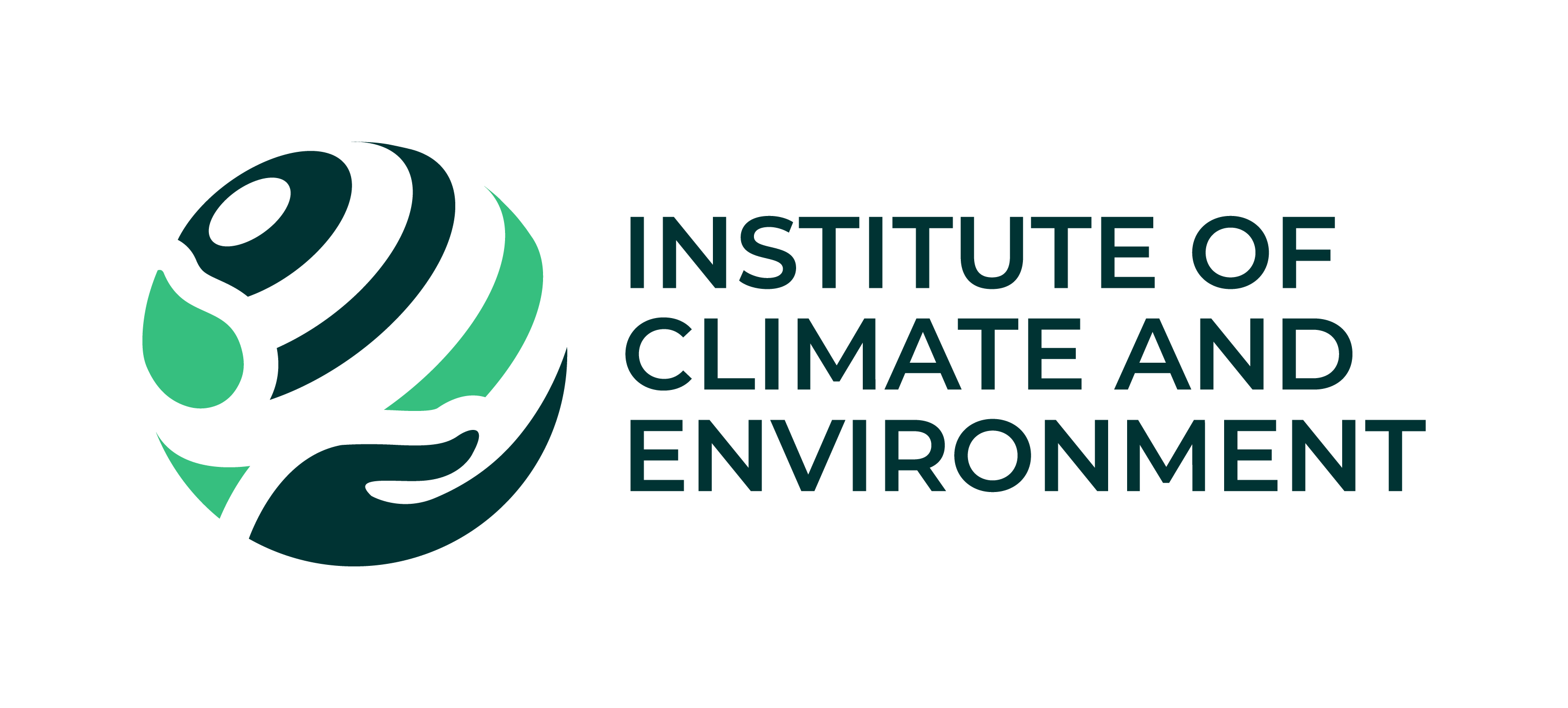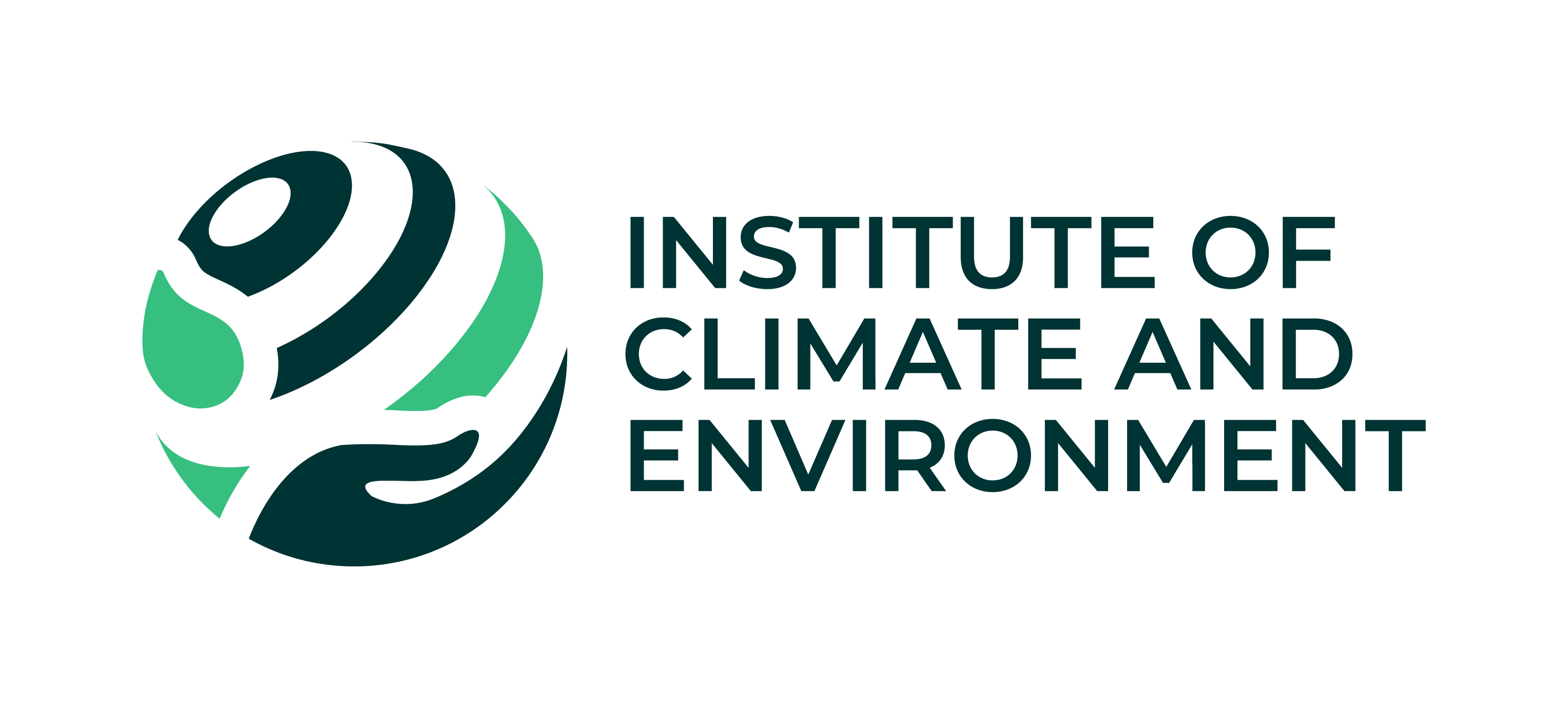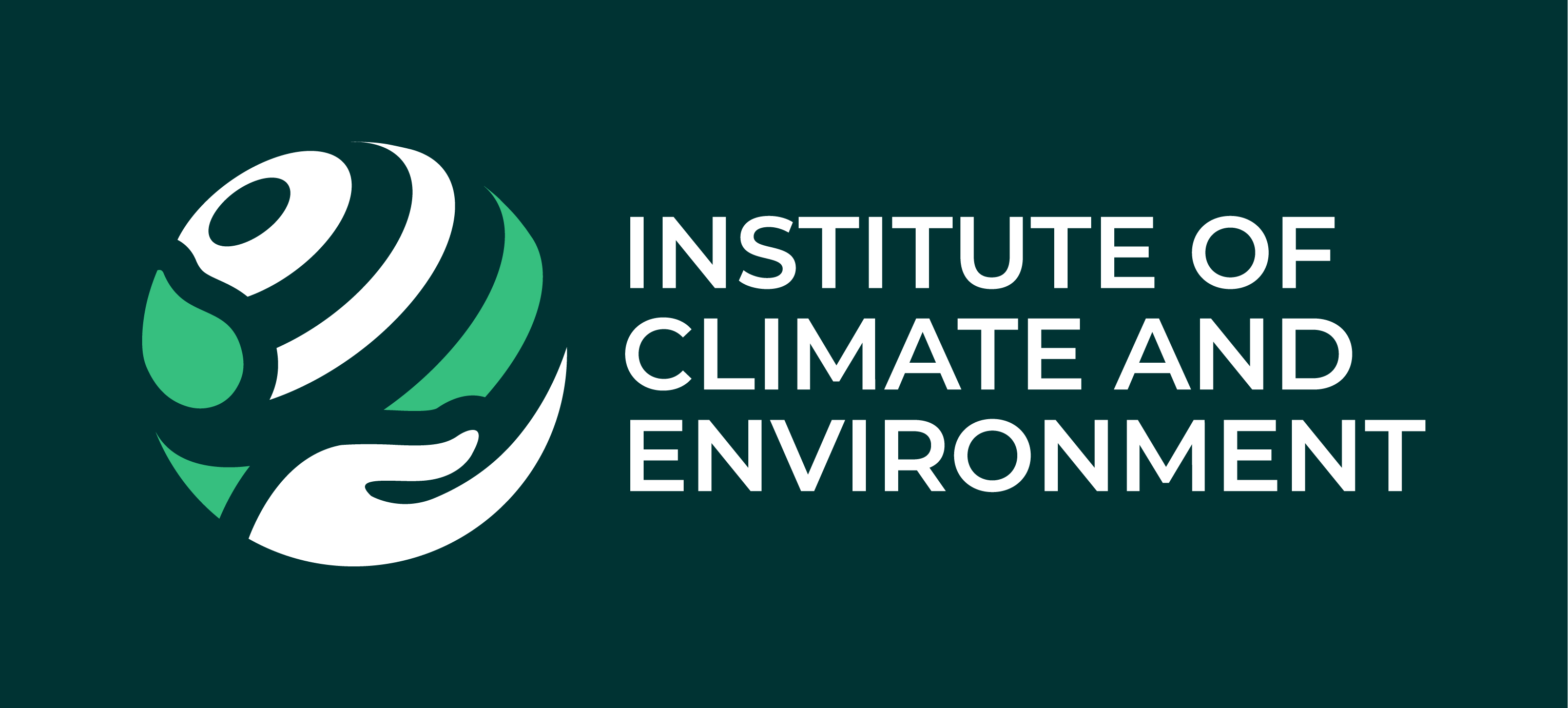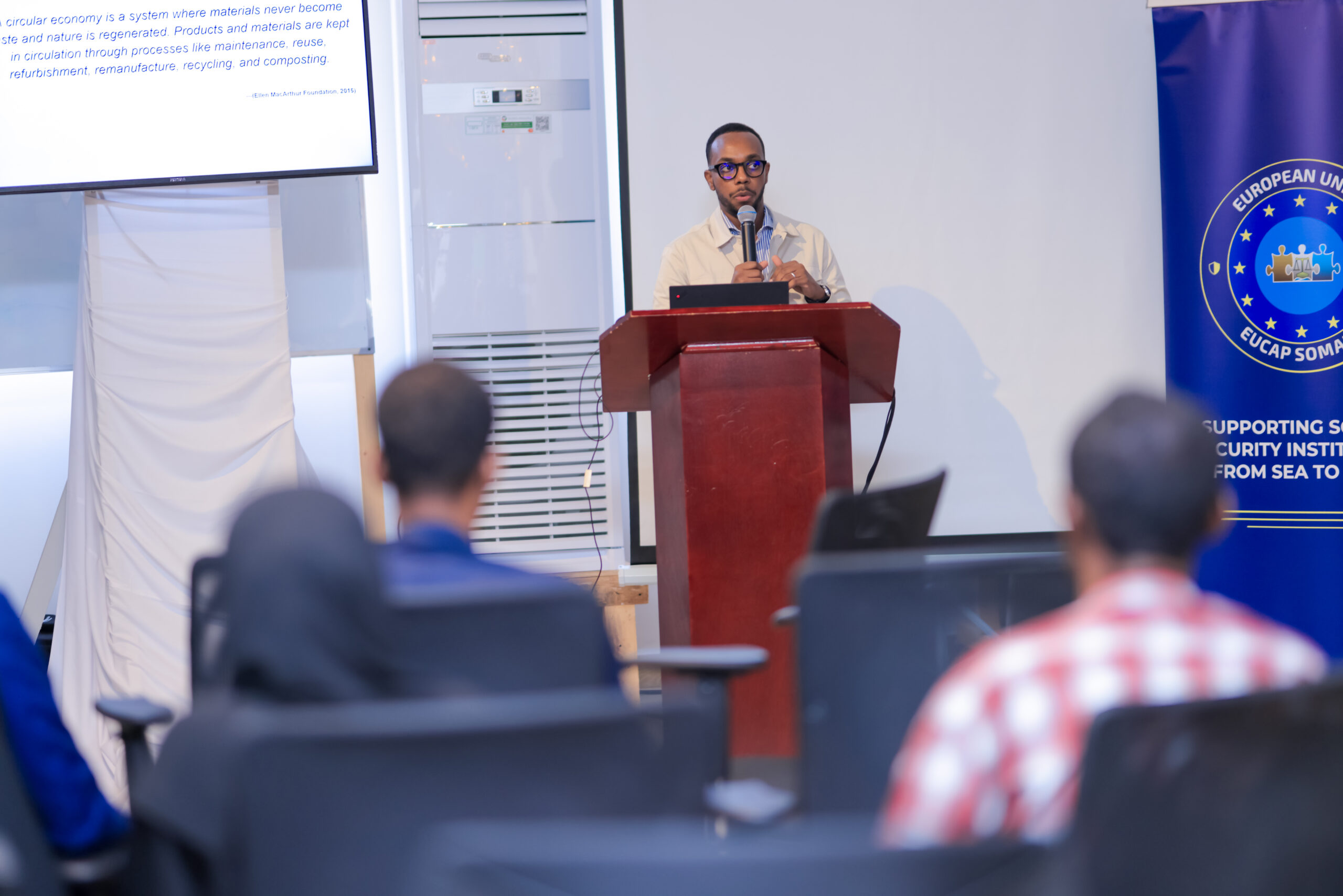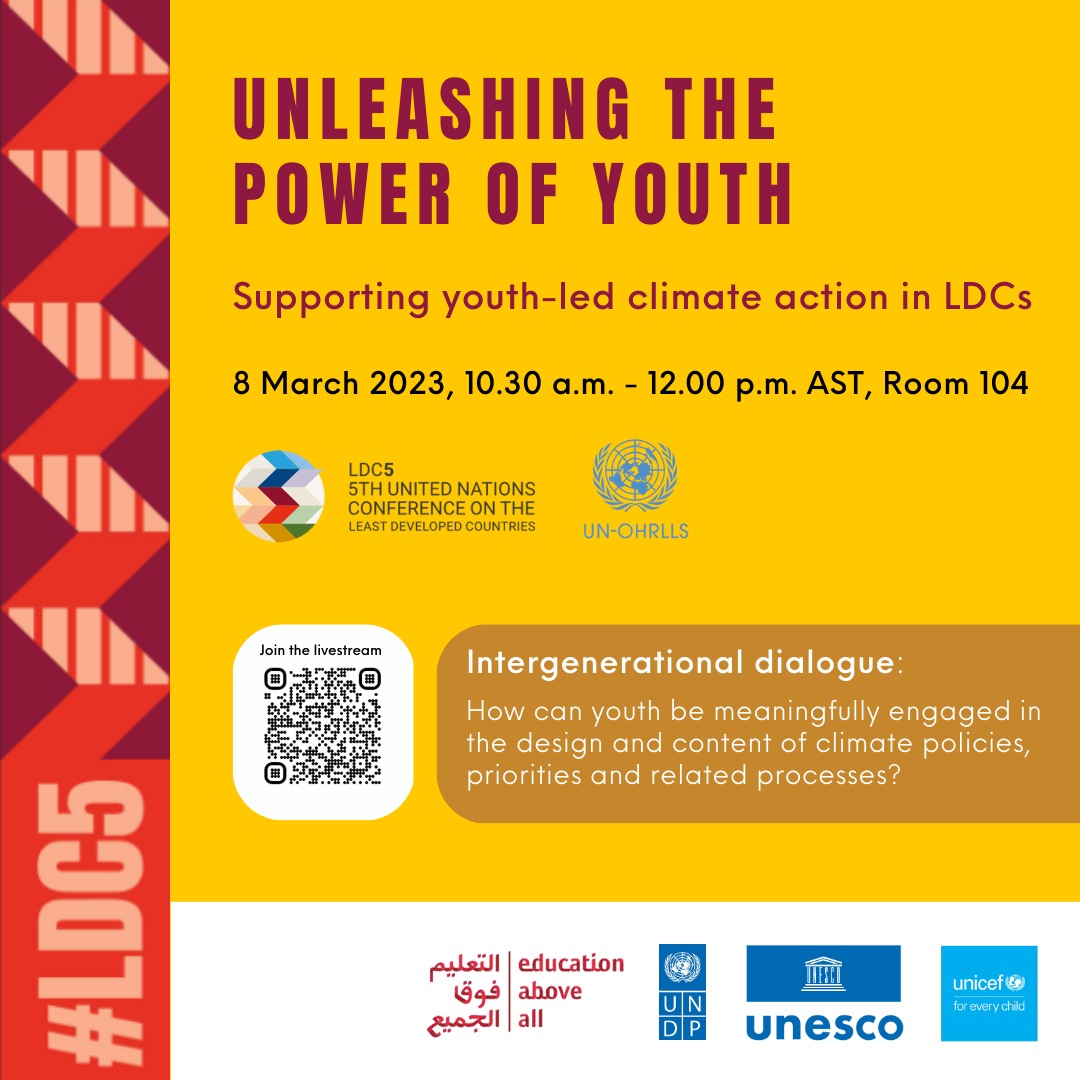
Will Green Somalia initiative Rescue the Country from the Engulfed Deforestation?
Introduction
Somalia, situated in the Horn of Africa, experiences arid and semi-arid conditions, with two seasonal rainfall periods and an average annual temperature of around 30 °C. However, political challenges, including state collapse and clan conflicts, have affected Somalia over the last two decades, leading to famine and humanitarian intervention. The protracted armed conflict has compounded vulnerabilities to climate change, influenced by the El Niño Southern Oscillation (ENSO), resulting in floods and droughts.
Deforestation is a significant issue, exacerbating Somalia’s susceptibility to climate change. To address this, the Regreening Initiatives have gained importance, aiming to promote sustainability and resilience amidst conflicts and droughts. Implementing climate-focused measures can help mitigate the impacts of climate change and secure a prosperous future for Somalia.
Deforestation
Indicators of Climate Change in Somalia suggest that scientific knowledge and research about Somalia’s landscape and environment are scarce. Nevertheless, the evident environmental damage is observable without extensive studies. The management of natural resources lacks sustainability, posing significant concerns. Widespread deforestation throughout the nation has contributed to the onset of desertification. The predominant reliance on charcoal and firewood for energy, both in urban and rural regions, exacerbates the situation. Surprisingly, despite a ban imposed by UN Security Council Resolution 2036 (2012) and the Somali government, the illegal export of charcoal from the country persists unchecked.
Based on estimates by the United Nations Environment Program (UNEP), a staggering 8.2 million trees were felled for charcoal production in Somalia from 2011 to 2017. This extensive deforestation has led to a significant depletion of forests, severely affecting the livelihoods of the population in the region. The consequences of such widespread tree cutting have been highly detrimental to the environment and the well-being of the people who rely on these natural resources. The deforestation of Somalia has resulted in severe land degradation, leading to various challenges, including food insecurity and increased vulnerability to both flooding and drought. In response to this critical issue, a National Charcoal Policy has been implemented to address and mitigate the problem of deforestation. The consequences of environmental degradation are far-reaching and have a significant impact on poverty, particularly among the rural poor.
As degradation affects essential aspects such as soil fertility, water quantity and quality, air quality, as well as the health of forests and wildlife, the livelihoods of vulnerable communities are greatly affected. By taking a toll on these vital resources, environmental degradation exacerbates the cycle of poverty, making it challenging for communities to break free from its grip and improve their overall well-being. Therefore, efforts to combat deforestation and protect the environment play a crucial role in promoting sustainable development and addressing the issues faced by impoverished populations.
Somalia’s vulnerability to climate change becomes evident when it lacks anticipatory and preventive measures. Over the past few decades, the country has faced more than 30 climate-related hazards, including 12 droughts and 19 floods. These natural disasters have occurred in conjunction with other challenges such as livestock system crises, weak governance, pervasive poverty, and complex, violent conflicts. As a consequence of these circumstances, deforestation has remained an ongoing problem in Somalia. In response to limited livelihood options and hardships caused by displacement and conflicts, some Somalis have turned to charcoal and firewood production as essential means of sustenance. Particularly in rural areas, charcoal production has emerged as a significant source of employment for local communities.
The situation underscores the interconnectedness of environmental degradation, socio-economic struggles, and conflict dynamics in the region. To address these issues effectively, it is crucial to implement sustainable measures that not only counter deforestation but also promote alternative livelihood opportunities and foster resilience in the face of climate change and other challenges. Such integrated efforts can play a vital role in improving the well-being and stability of the affected communities in Somalia.
The widespread deforestation in Somalia has led to erosion and degradation of grasslands, causing detrimental effects on the lives of hundreds of thousands of Somalis. Many of these communities heavily rely on these natural resources for their survival, making the consequences even more severe. Furthermore, climate change has forced Somali pastoralist communities to abandon their traditional seasonal migration patterns in search of water and pasture for their livestock. Instead, they are compelled to venture into unfamiliar territories in search of sustenance for their herds. This shift in behavior has resulted in conflicts and disputes among clans as they vie for control over limited resources. As climate change and environmental degradation continue to disrupt livelihoods and exacerbate resource scarcity, communities find themselves forced to migrate and compete with one another for control over pastoral land. This competition further adds to the existing complexities of clan dynamics and inter-community tensions.
In light of these challenges, it becomes increasingly crucial for Somalia and the international community to address the root causes of environmental degradation, implement sustainable resource management practices, and provide support to vulnerable communities to cope with the impacts of climate change. Only through concerted efforts can the nation work towards building resilience and finding sustainable solutions for the future.
Deforestation is indeed one of the most critical indicators of climate change in Somalia. The alarming statistics show the severity of the issue: between 2001 and 2021, the country lost a substantial 429,000 hectares of tree cover. This significant loss corresponds to a 4.9% decrease in tree cover over nearly two decades and has resulted in the emission of approximately 840,000 tons of carbon dioxide equivalent. These figures underscore the urgent need for proactive measures to address the devastating impact of deforestation on Somalia’s environment and climate. Without immediate action, the country’s vulnerability to climate change will only worsen, exacerbating the challenges faced by its communities and ecosystems.
Implementing initiatives to combat deforestation and promote reforestation is paramount to saving Somalia from the clutches of climate change. Such initiatives can play a vital role in mitigating carbon emissions, preserving biodiversity, safeguarding natural resources, and enhancing the resilience of vulnerable populations. International support and collaboration are crucial to aid Somalia in its efforts to tackle deforestation and its associated consequences. By working together and investing in sustainable solutions, we can help Somalia protect its natural heritage and build a more sustainable and climate-resilient future for its people.
Green Somalia Initiatives:
In response to the pressing issues of deforestation and climate change, Somalia has taken significant steps to combat these challenges and promote environmental sustainability. Under the leadership of President Dr. Hassan Sheikh Mohamud, the Green Somalia Initiative was launched. The initiative’s primary objective in its initial phase is to plant 10 million trees across the country. This ambitious endeavor aims to enhance biodiversity, build climate change resilience, and combat deforestation, particularly in the face of the frequent and severe droughts that have afflicted Somalia over the past decades. By taking this proactive approach, Somalia is now actively engaging in the fight against the devastating impacts of climate change and is determined to overcome the challenges posed by recurring droughts.
Furthermore, the country has demonstrated its commitment to environmental preservation and sustainability by establishing the Ministry of Environment and Climate Change. This governmental institution represents a crucial milestone for Somalia as it prioritizes and coordinates efforts to address environmental issues, including climate change mitigation and adaptation strategies.
Academic institutions in Somalia are taking significant steps to contribute to the country’s environmental initiatives. One prominent example is SIMAD University, which recently established the Institute of Climate and Environment (ICE). This academic institution is at the forefront of driving climate action through a comprehensive approach. ICE actively engages in climate change research, action-oriented projects, policy advocacy, and partnerships with key stakeholders to effectively address the challenges posed by climate change.
The Institute’s core mission is to not only advance scientific knowledge on climate change but also to inspire and educate individuals to take tangible steps toward building a climate-resilient city. By harnessing the expertise of its academic community and collaborating with the Ministry of Environment and Climate Change, local organizations, and international partners, ICE endeavors to make a meaningful impact on climate change issues both within Somalia and on a global scale. Through its collaborative efforts and dedication to sustainability, the Institute of Climate and Environment plays a vital role in shaping Somalia’s response to climate change and ensuring a more resilient and sustainable future for the nation.
These collective efforts signify a significant shift in Somalia’s approach to environmental issues. By combining political commitment, academic involvement, and public participation, the country is demonstrating its determination to address climate change, protect natural resources, and create a sustainable and resilient future for its people. As the Regreening Somalia Initiative and the Ministry of Environment and Climate Change continue to drive transformative actions, the nation takes important strides towards a greener and more climate-conscious future.
#Somalia #Green Initiative #Deforestation #Climate Change
Author: Mohamed Abdirizak Ahmed
https://twitter.com/MohaAbderazak https://www.linkedin.com/feed/
